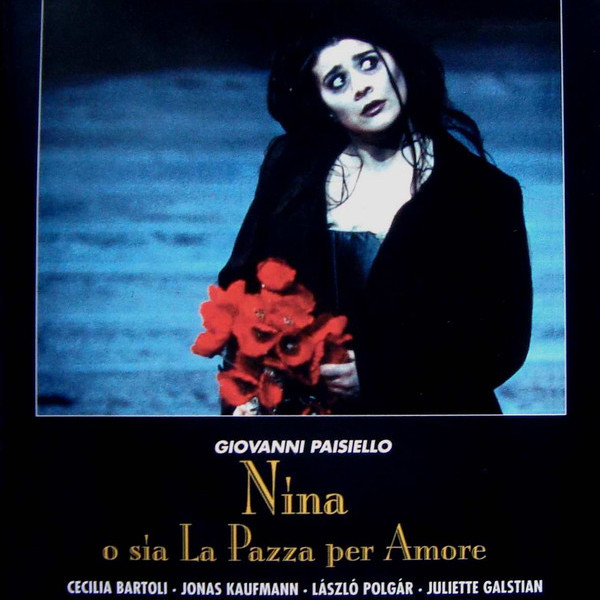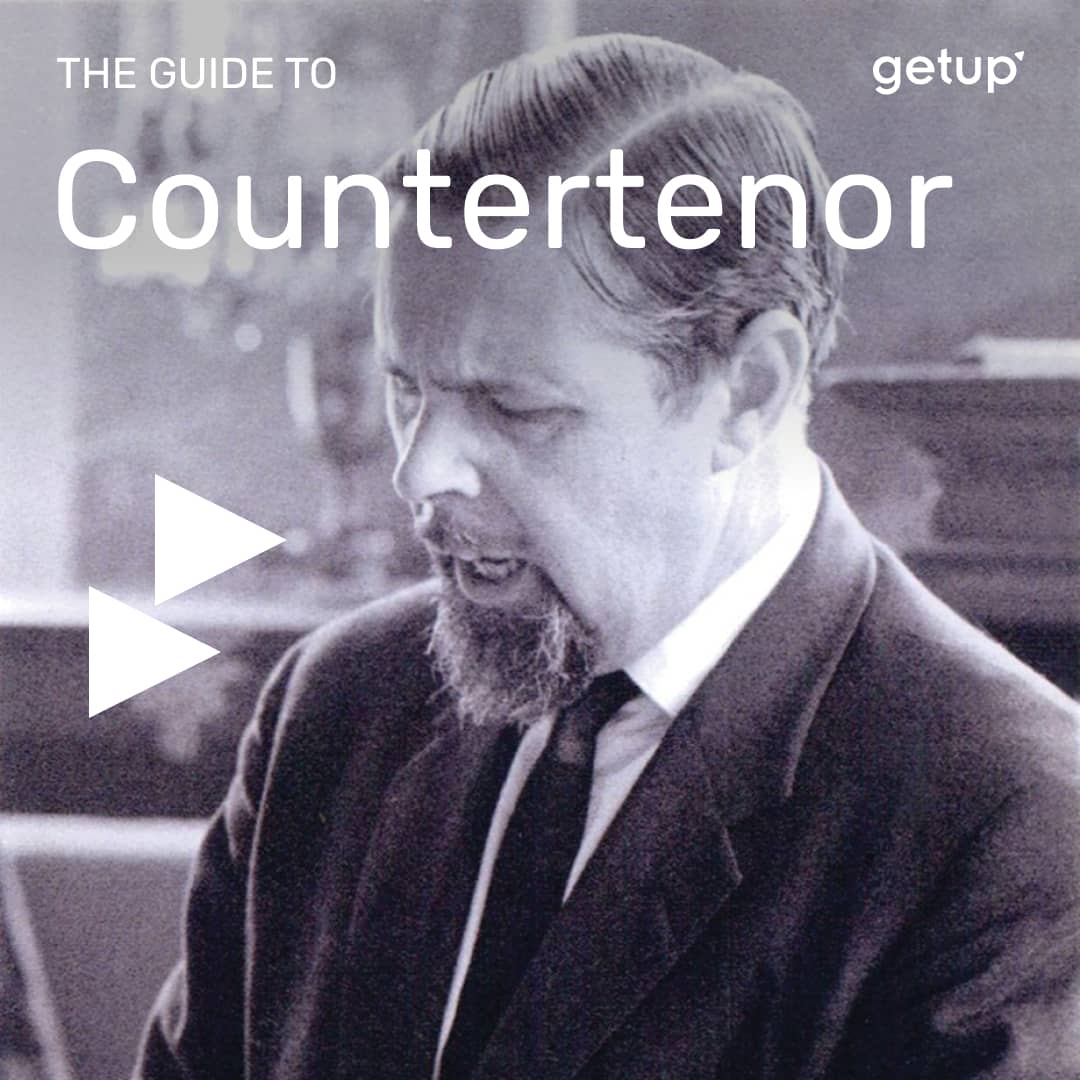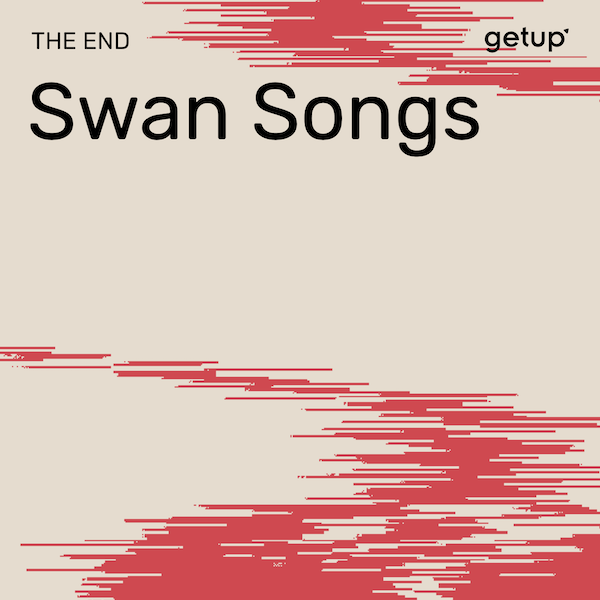As 1789 was such a symbolic year for France, it is hard for your French author to imagine that there was much cultural activity going on elsewhere!
However in Vienna, the era’s musical capital, the prolific composers Mozart and Salieri were leading very different lives and having very different kinds of success.
Salieri was at the height of his fame – the year before he had been named Kapellmeister to the Emperor, giving him responsibility for most of the musical functions of court. In 1789 he would present his opera, La Cifra.
On the other hand, two years before his death, Mozart was living through rather more difficult times thanks to few commissions and, therefore, not much cash flow. In April, an offer by Emperor Frederick William II of the Court of Prussia seemed to be taking shape and, though Mozart took a trip to Berlin, nothing came of it. But fortunately, just at the end of the year, a new project was emerging as Mozart composed and begin to rehearse Così fan tutte. However there were no lack of masterpieces by the composer during 1789, most notably his stirring Clarinet Quintet.
And elsewhere in Europe? Haydn was still engaged by the Esterházy palace where he was composing his 92nd symphony, though it wouldn’t actually be heard until 1791 in Oxford, from where it gets its name. And in St Petersburg the Italian composer Cimarosa, who was there at the invitation of Catherine II, was presenting his opera Cleopatra.







